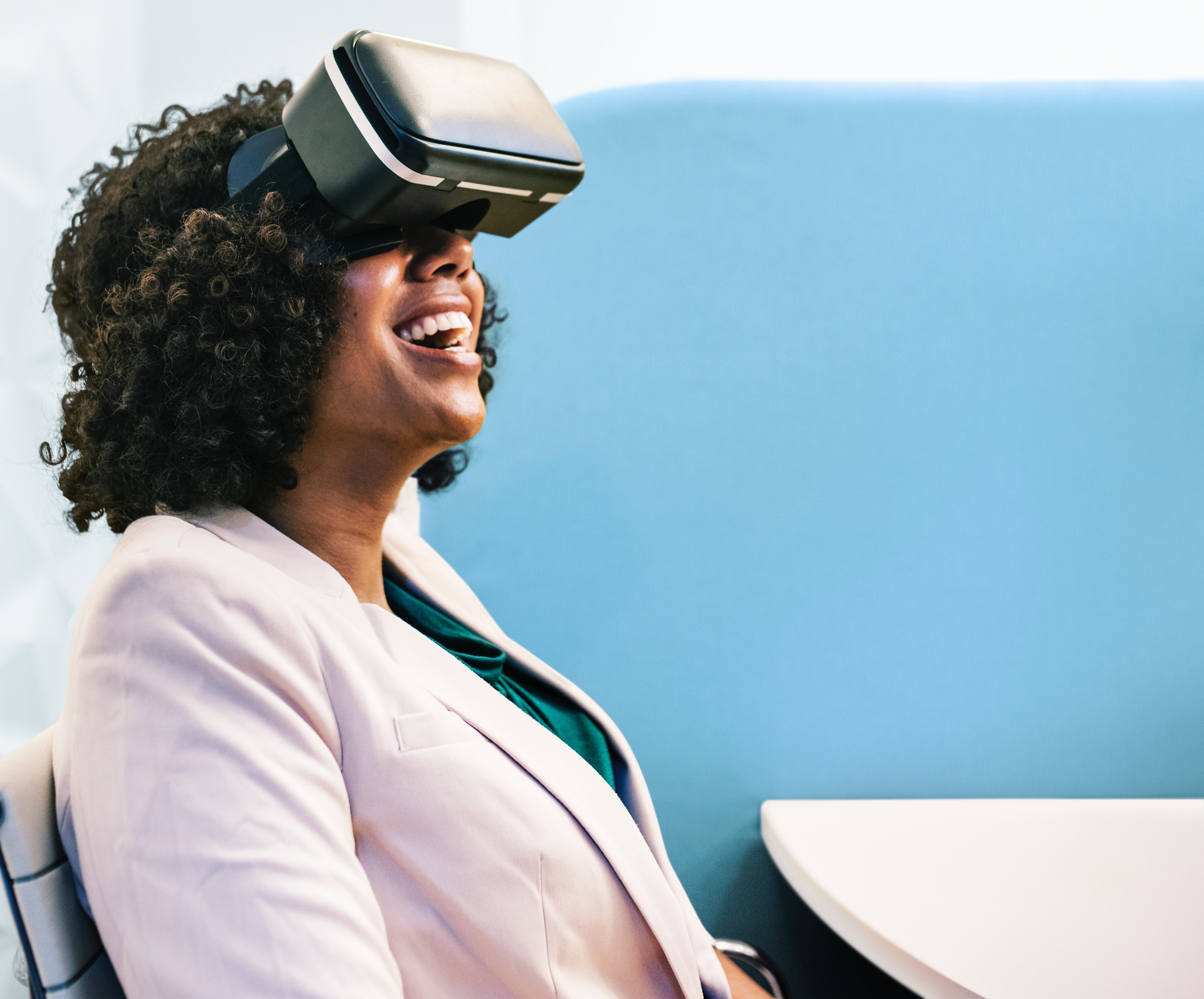 Event Garde is committed to professional development, for ourselves and for our industry. As such, we’re avid readers of industry news. We’d like to share these must-reads with you.
Event Garde is committed to professional development, for ourselves and for our industry. As such, we’re avid readers of industry news. We’d like to share these must-reads with you.
Learn
Mobile-friendly programs are crucial to engaging learners.
But when designing such programs, it’s easy to get distracted by new technologies. So it’s important to remember the goal, says Alice Rowan in eLearning Industry.
She suggests there are six elements: mobile learning objectives; types of devices learners will use (their own or ones you provide); microlearning; field-based and remote workers; collaboration; and KPIs.
“Investing in a mobile learning strategy can mean a big change in the way your organization manages learning so it’s important to go in with your eyes open, fully prepared to present to those who make the final decisions,” she says. “It’s also important to invest time in finding out how your workforce feels about the changes, and how comfortable they are with using mobile devices for their eLearning (or in this case, mLearning).”
Network
Sometimes networking seems overwhelming, especially for those who are shy.
Just how do you spark conversation? And what do you talk about?
A good ice breaker is, “So, what do you do?” writes Marco Buscaglia, Tribune Content Agency, in the Chicago Tribune.
“The key to asking this question is to listen to the answer, then respond accordingly,” he says. “There’s a good chance you’ll have shared interests, contacts and issues that can immediately be fleshed out in a broader conversation.”
Other tips: Talk about the commute. Or the food. And using, “By the way, I’m Joe Smith,” is also a good trick.
Transfer
Virtual reality and augmented reality have made their into the workforce with huge success, in everything from learning to knowledge transfer.
VR/AR can be an effective experiential learning tools – and can also help transfer knowledge and skills from a retiring workforce to the younger workforce, according to GCN.
And that’s what some government agencies are doing.
The Defense Department, Transportation Security Administration, U.S. Customs and Border Protection and federal health agencies are using VR for knowledge transfer and operations optimization, according to GCN.
In this case, the staff of Deloitte, an agency, “interviews government employees readying for retirement to capture as much of their experiential knowledge as possible. It then builds scenarios and vets them with the interviewees using the headset.”
“I think a big part of all of this is multiplying the efficiency of training and performance process on the job,” says Trey Reyher, lead producer of digital reality at Deloitte.“This type of thing allows the learner to experience it much faster, come to terms and understand the machine much quicker.”


